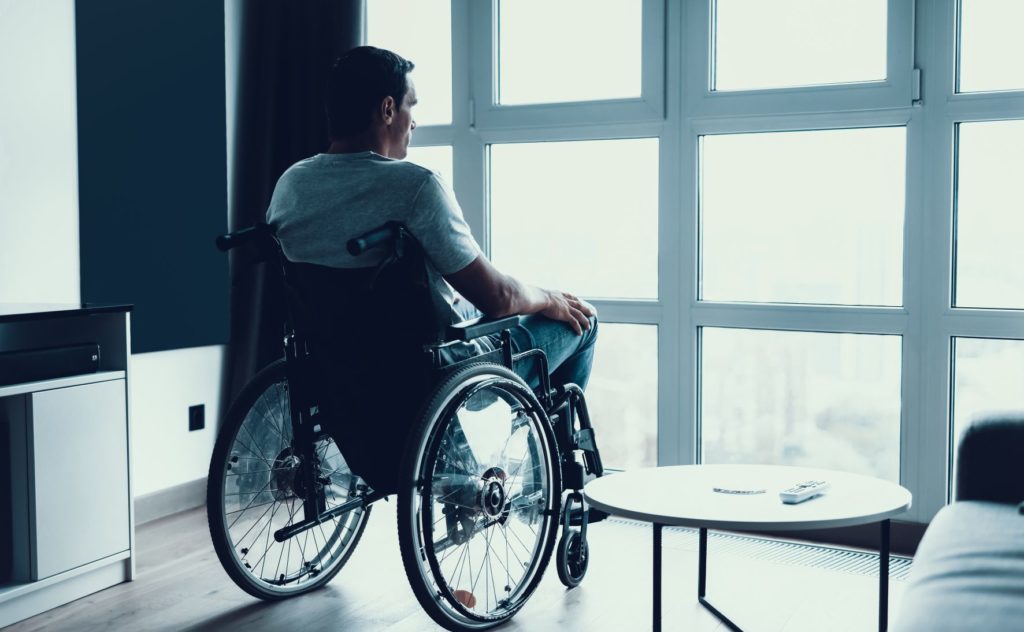Power of Attorney
What Is A Power of Attorney?
While your will lets you appoint the person, your executor, who will be responsible for the disposition of your assets after death, a durable power of attorney lets you appoint the person, your agent, who will manage your financial and medical affairs if you become disabled or incapacitated during your life.
Under Pennsylvania law, you can give your agent many powers, including, but not limited to, the power to pay bills, make gifts, make bank deposits, buy and sell real estate and securities, sign income tax returns, begin a legal claim, make important medical decisions, and authorize your admission to a medical or nursing facility.


What Happens If I Don’t Have a Power of Attorney?
If you or a loved one become disabled or incapacitated and there is no power of attorney in place, then the court will have to appoint a guardian to care for you and manage your affairs. This process is expensive, because both your attorney and physician are involved, and a court hearing is required. Upon the court’s appointment of a guardian, you will lose certain legal rights to act on your own behalf, and the guardian will be empowered to act for you. Also, unlike an agent on a power of attorney, the guardian will have to file a report with the court at least annually, regarding the status of your affairs.
You may revoke the powers given to your agent at any time. Since your agent must have actual knowledge of the revocation of the power of attorney for it to be valid, the revocation should be in writing and presented personally or sent via certified mail to your agent. Also, upon your death, your Power of Attorney will terminate upon actual notice to your agent. At that point, your Executor’s powers under your Will can begin.
Taking the time to prepare your power of attorney now while you are healthy and able to do so will make the process easier for your relatives and loved ones, who will be responsible for managing your financial and medical affairs in the event of your disability or incapacity. Without a durable power of attorney, the court may become involved in your affairs. Luckily, there are some steps you can take to prevent this outcome, and the first step is speaking to an elder law attorney.
How to Appoint a Power of Attorney
As you can see, appointing someone to hold your durable power of attorney is a crucial part of the estate planning process, and the time to take care of it is now. While it is not pleasant to think about, an injury or illness could leave you in a position where you are unable to make medical and financial decisions on your own. Without a power of attorney, the courts can appoint a person to make these decisions for you, and they may not be the person you would prefer.

Our combined decades of experience in elder law make us the right choice to advise you about appointing someone to hold your power of attorney. Our team can answer any questions you may have, help you decide who to appoint, and draw up all the necessary paperwork to make your wishes legally binding. Don’t wait until something happens to take action; by then it will be too late. Contact us to schedule your consultation.
We can also advise and assist with a range of elder law concerns, from estate planning and trusts to Medicaid asset protection, living wills, probate, and more.